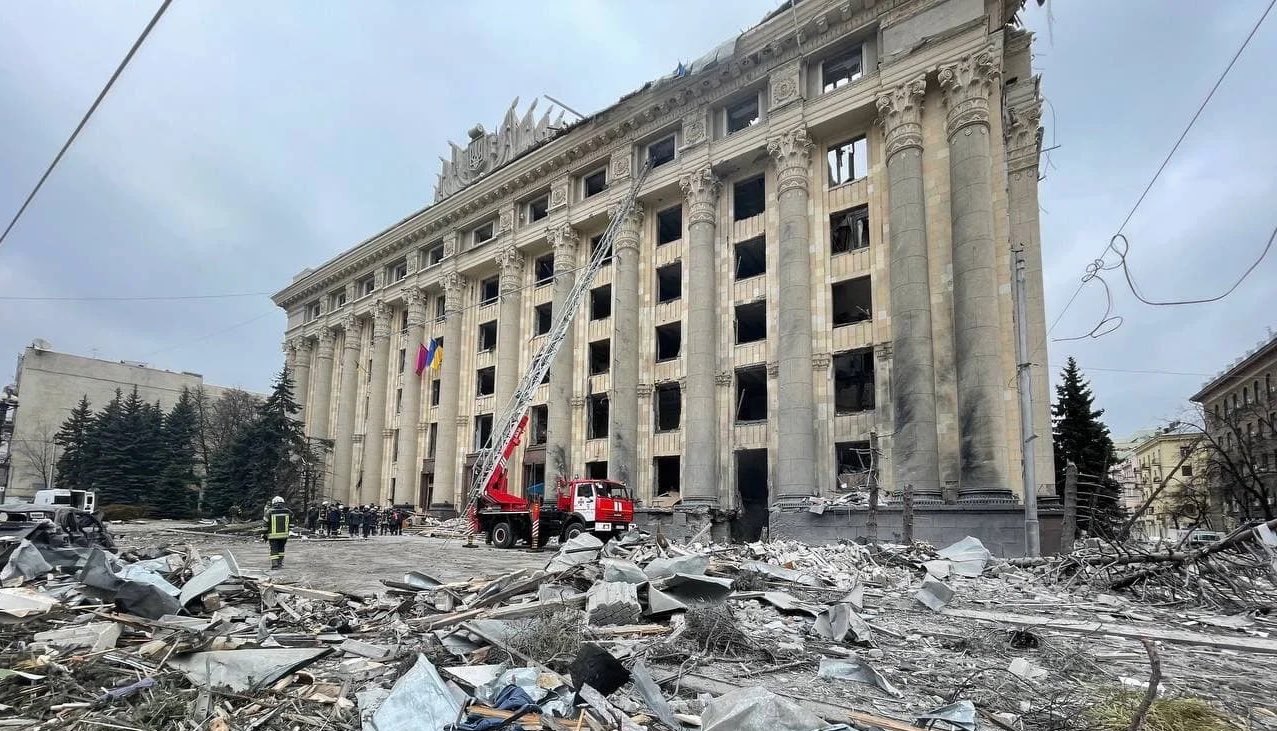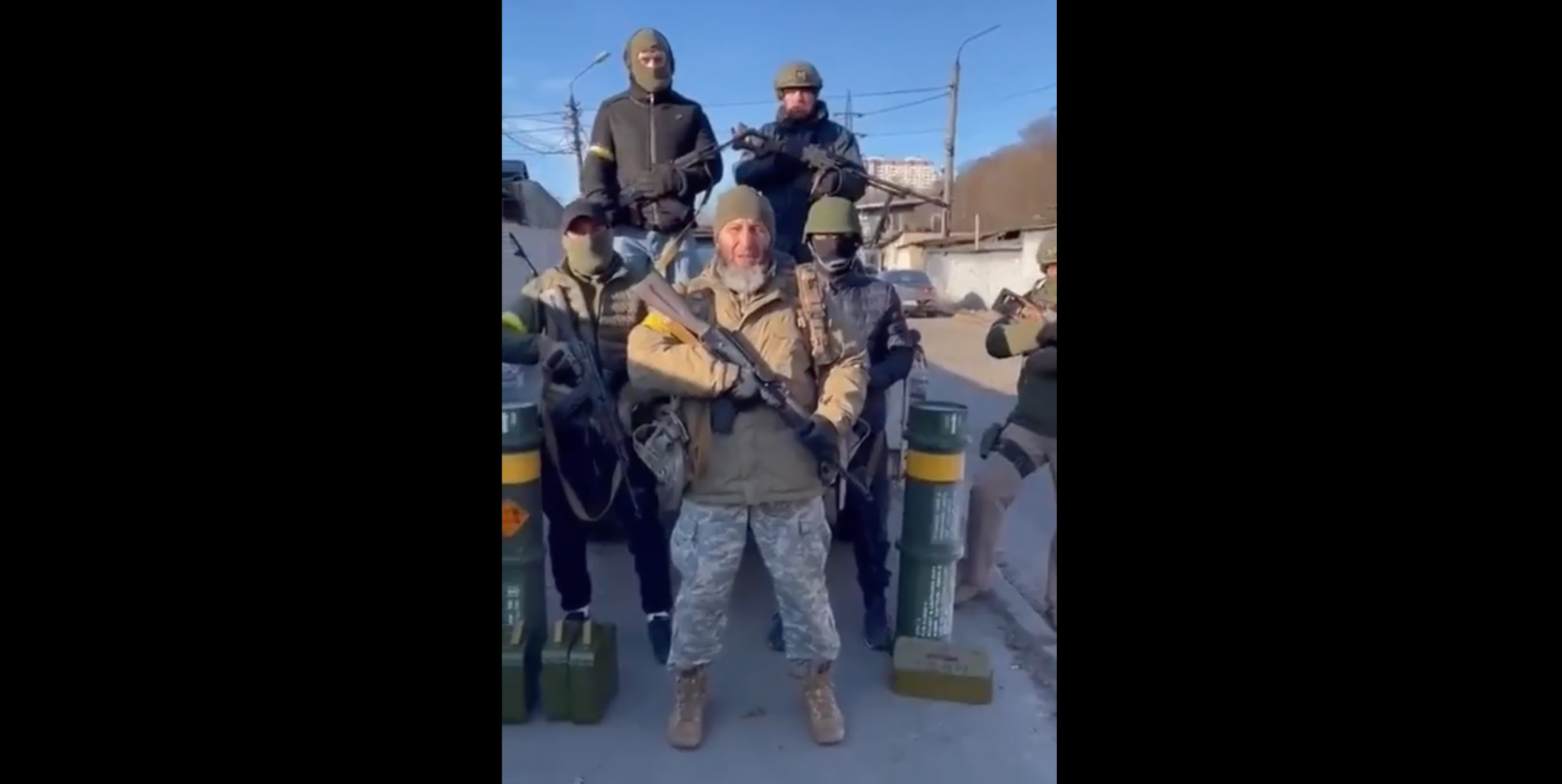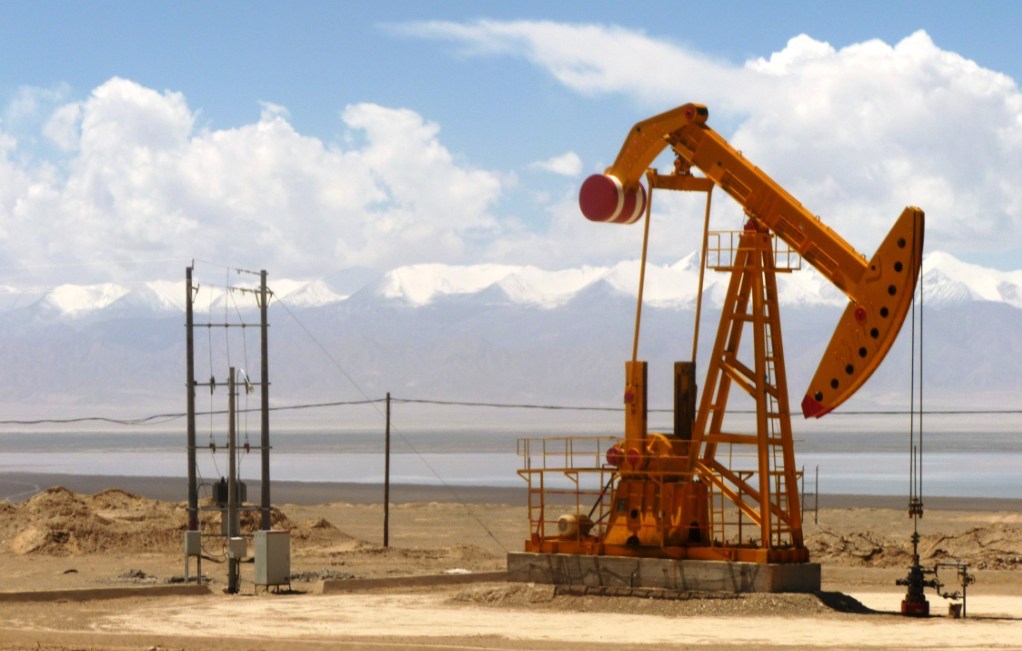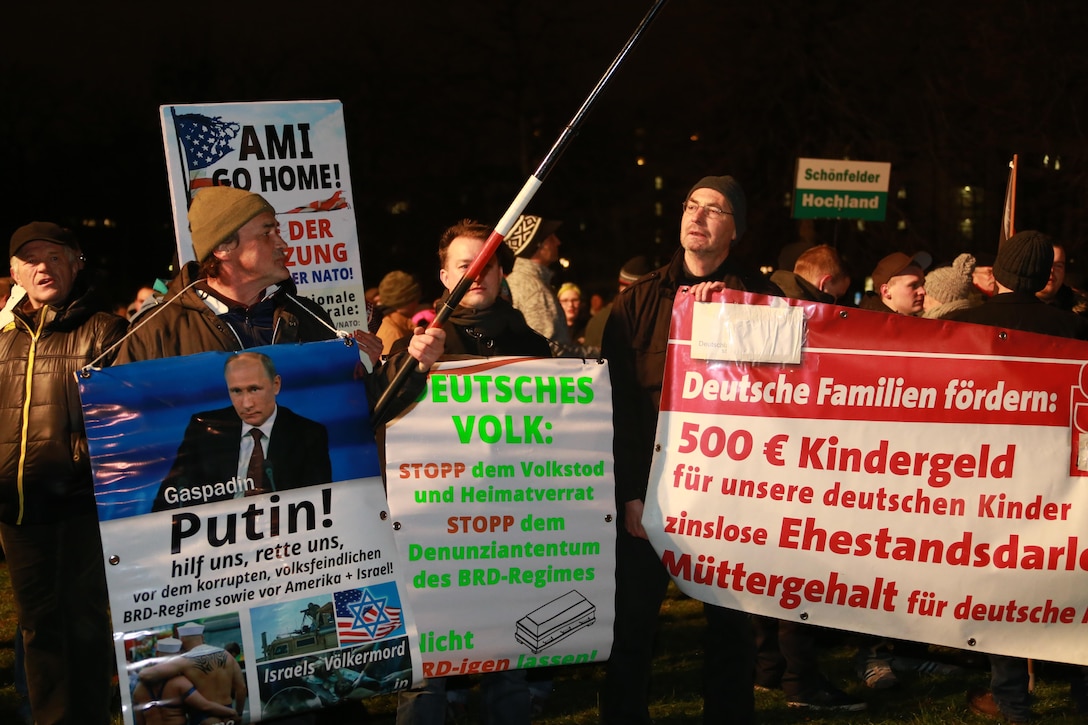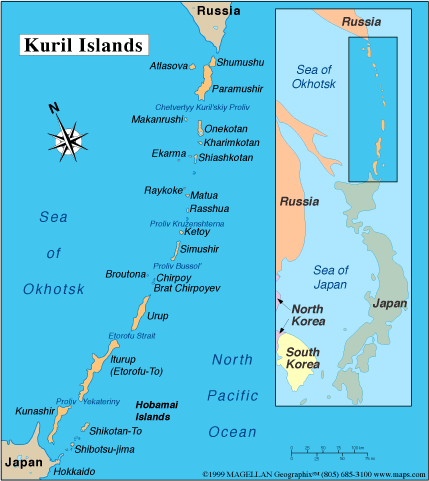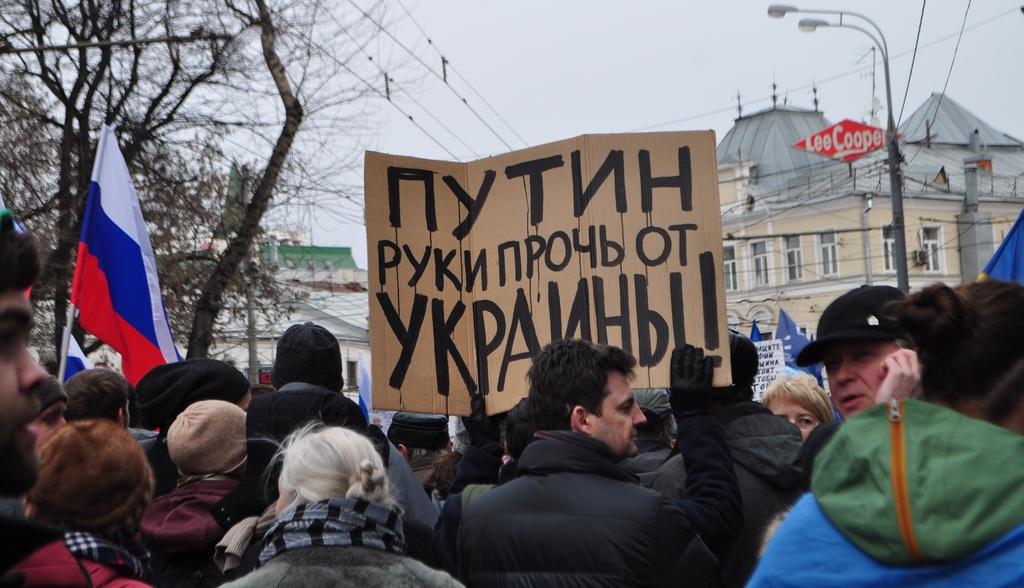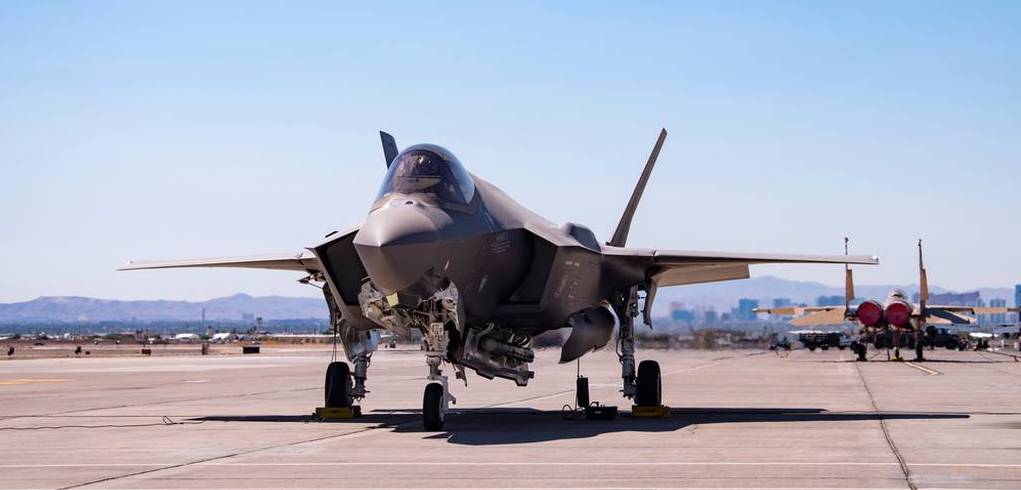
Podcast: against Putin’s Big Lie
In Episode 115 of the CounterVortex podcast, Bill Weinberg continues to dissect Vladimir Putin’s ultra-cynical fascist pseudo-anti-fascism. Putin presides over Nuremberg-type mass rallies celebrating war and conquest, spews overtly genocidal rhetoric, and prepares concentration camps for the Crimean Tatars. Alexander Dugin, “Putin’s Rasputin” and the intellectual mastermind of his revanchist imperial project, has openly called for “genocide” of the Ukrainians. In areas of Ukraine occupied by Russia, a forced mass deportation of the populace is reported. Putin is clearly approaching a genocidal threshold in Ukraine—while imposting a totalizing police state within Russia. Yet, with unimaginable perversity, all this is done in the name of a campaign to “denazify” Ukraine. The painting of Ukraine as a “Nazi” state on dubious basis of a few ugly right-wing paramilitaries on the Ukrainian side is vigorously repudiated by the leadership of Ukraine’s Jewish community. Yet this “Big Lie” is credulously (or cynically) echoed by elements of the “left” as well as far right in the United States—who arrogantly refuse to listen to Ukrainians. Listen on SoundCloud or via Patreon. (Photo: Wikipedia)



